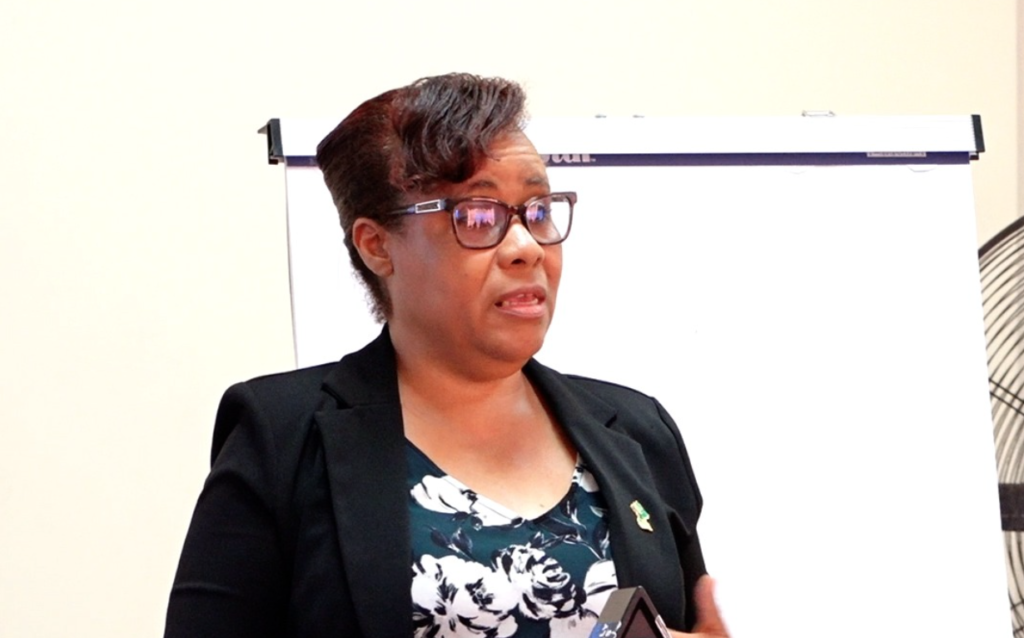
Welfare officers and Counselors attached to the Ministry of Education were exposed to training int he area of Restorative Justice today, as the Government moves to integrate restorative practices into the school system.
Restorative practice, particularly in schools, encourages behavior that is supportive and respectful. Director of the Restorative Justice Centre, Orin Boston said when compared to corporal punishment, it produces better results.
“Sometimes we fail to recognize that actual punishment, that’s what we know traditionally, becomes more a hindrance than a help. Research has shown that in a lot of cases the punitive measures that we employ with the aim of correction does not necessary do the correction. Research has also shown that restorative practices give far more remedial results as it relates to amicable resolutions, as it relates to rehabilitation, and as it relates to reintegration because nobody wants to be expelled from a society. It was never meant to be,” Boston explained.
Boston, at the time, was addressing the Welfare officers and Counselors, during the opening ceremony of the training programme at the Police Training Centre.
Permanent Secretary to the Ministry of Legal Affairs, Adele Clarke said the Legal Affairs Ministry is pleased to partner with the Ministry of Education to roll out the programme in schools as a sound option for classroom management and addressing behavioral challenges.
The programme comes as the Education Ministry continues to grapple with the sore issues of bullying and violence in schools.
Clarke said the study of restorative justice supports the use of restorative practices by educators to proactively build positive school communities.

“These practices have shown to dramatically reduce discipline referrals, suspensions, expulsions and corporal punishments offering a hopeful future for our communities,” she said.
As such, she said, the training aims to introduce a spectrum of restorative techniques and support the implementation of guidelines in school in addressing behavior challenges.
The Permanent Secretary explained that the Government through the Criminal Justice Project, funded by the Inter-American Development Bank (IDB), introduced restorative justice mechanism as an alternative method of dealing with minor misdemeanors in Guyana. It is intended to reduce the over reliance by the Criminal Justice System on custodial sentences, as well as the over use of pretrial detention.
Under the project, the foundation was laid for the restorative justice practices to become an alternative to custodial sentences for minor offences in the criminal justice system.
The Government, Clarke further disclosed, is moving to expand the programme across the country, with Restorative Justice Officers now being assigned to the 10 Administrative Regions.













You must be logged in to post a comment Login